Last January, he played in Group A for the second time, under the flag of the United States for the first time, and delivered the best performance of his young career so far. He finished in a tie for 2nd-5th places, just half a point behind world champion Magnus Carlsen, and ended up eventually in 4th place after the Sonneborn-Berger tiebreak.
After his +4 result in that Category 20 event on the strength of five wins, seven draws, and one loss (8.5/13), he rose to #7 in the world rankings and overtook Hikaru Nakamura as the #1 player in America. He also achieved his highest rating ever: 2788, just 12 rating points away from his goal of reaching 2800 this year.
As the newest member of the chess elite, he is now getting invitations to some of the world’s highest-rated events. Just two weeks after Tata, he accepted invitations to play in the Gashimov Memorial in Shamkir, Azerbaijan, and Dortmund Sparkassen in Germany.
These are the kinds of events that So needs and wants in order to continue his impressive rise in the world rankings. But as new opportunities open up, he has to make a lot of adjustments in his new life as one of the world’s best.
His next major event will be the U.S. Championships, scheduled March 31 to April 14 in Saint Louis, Missouri, the chess capital of the United States. This will be an all-GM event, and projected to be a Category 16 tournament. Gata Kamsky, a former challenger for the world championship, is the defending champion. But, two months before the first move is made, many chess fans in the Philippines and the U.S., as well as many Filipinos around the world, have been anticipating fierce rivalry between So and Nakamura. And chess promoters and tournament organisers are already watching what promises to be a compelling rivalry for many years to come.
See article.
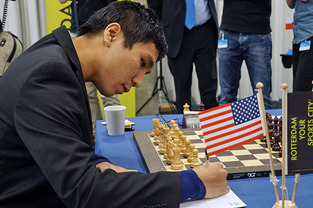
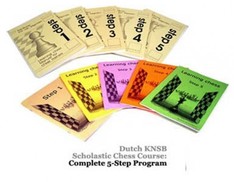


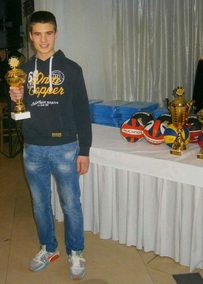

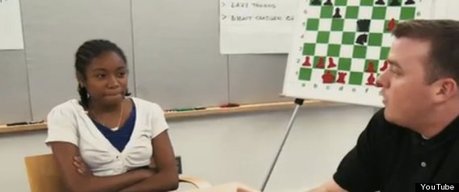

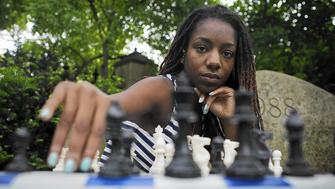
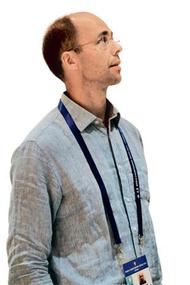

 RSS Feed
RSS Feed